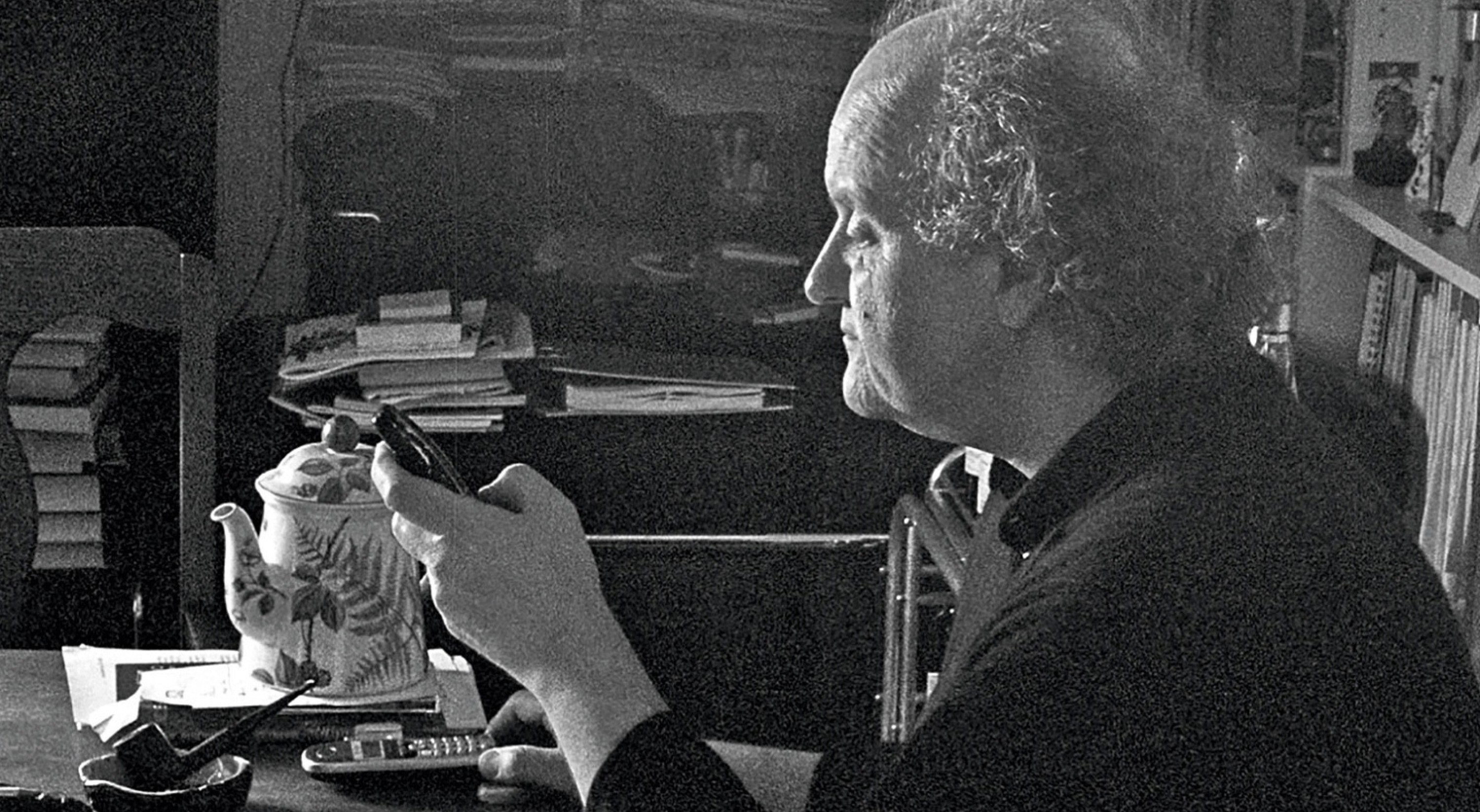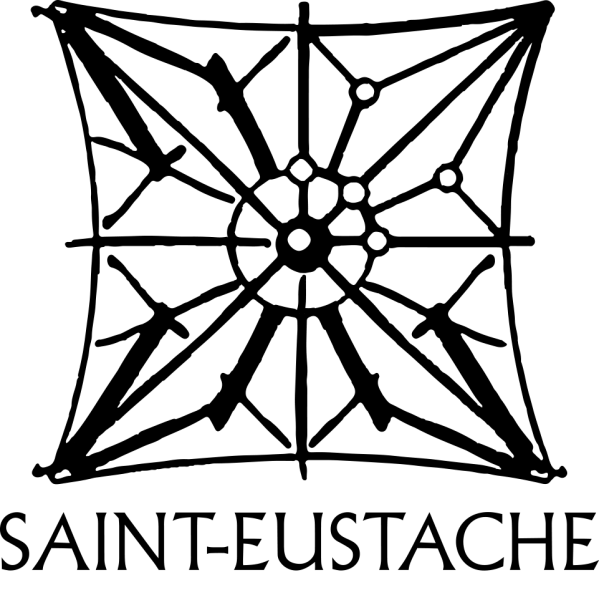Wolfgang Rihm / Carlo Gesualdo
septembersept 16
New program:
Wolfgang Rihm
Chamber music
Das Rot. Six poems for soprano or tenor and piano (1990)
Poems by Karoline von Günderrode (1780-1806)
Hochrot (Rouge vif)
Ist alles stumm and leer
Des Knaben Morgengruss
Über Die Linie VI for alto flute, violin and cello
Commissioned by KölnMusik Gmbh. Premiered on 20 January 2005 in by Emmanuel Pahud, Daniel Sepec and Jean-Guihen Queyras
Duration : 18’
Fetzen IV for accordion and alto (2004)
Premiered on 6 March 2004 in Brussels by Christophe Desjardins and Teodoro Anzellotti
Durée : 3‘30
Dyade violin and double bass (2010-2011)
Premiered on 3 April 2011 in New York by Anne-Sophie Mutter and Roman Patkolo. Commissioned by the Fondation Anne-Sophie Mutter
Duration : 17‘
Das Rot. Six poems for soprano or tenor and piano (1990)
Poems by Karoline von Günderrode (1780-1806)
Des Knaben Abendgruss
An Creuzer
Liebst du das Dunkel
Premiered on 22 November 1991 in Vienna by Christoph Prégardien and Siegfried Mauser
Total duration of the Lieder cycle : 22’
Musicians from the Ensemble L’Instant Donné : Marion Tassou, soprano ; Mayu Sato-Brémaud, alto flute ; Caroline Cren, piano ; Saori Furukawa, violin ; Elsa Balas, viola ; Nicolas Carpentier, cello ; Louis Siracusa, double bass ; Vincent Lhermet, accordion
Production Festival d’Automne à Paris
On Monday, September 8, the Festival d’Automne à Paris was informed that the SWR Vokalensemble, based in Stuttgart, had received instructions not to travel to Paris, as the German public health authority, the Robert Koch Institute in Berlin, had classified Greater Paris as a Covid-19 high-risk area. While Germany has restrictions applying to people returning to the country, the Festival had believed that by following guidance from the French Embassy in Germany, the choir would be able to travel in safe conditions, particularly as other groups of artists from Germany have been performing in Paris over the past few days, e.g. MusikFabrik, and Berlin’s Schaubühne theater company. Unfortunately, the management of Southwest Broadcasting (SWR) in Baden-Württemberg and the SWR medical department decided otherwise. This is a source of great regret.
The Festival d’Automne à Paris is sorry to have to change the concert program just days before the musicians were due to arrive, but will hold a concert on the date as scheduled, and at the Church of Saint Eustache. Instead of vocal works by Wolfgang Rihm and Carlo Gesualdo, the program will present chamber music by Wolfgang Rihm. The Festival d’Automne à Paris will thus pay tribute to the composer in a spirit of friendship. We wish to thank the musicians of the ensemble L’Instant Donné for accepting the change of program, adding different works, and are therefore pleased to be presenting the concert on Wednesday, September 16, in conditions fully compliant with health and safety requirements as needed for both the artists performing and members of the audience.
––––––
Previous program:
In 2006, the Festival d’Automne à Paris programmed sacred music by Wolfgang Rihm with his composition Vigilia. This year the composer’s sacred work offers a mirror game, playing on sound mirrors of the scripture, setting texts of the Passion of Christ. Responding to the sound clusters and taut lines composed by Rihm are bold harmonies by Carlo Gesualdo.
A number of works by Wolfgang Rihm form a series focusing on the instrumental line, developing freely in space without any set system, producing arabesques that never coalesce, defying strict polyphony, in compositions such as Dyade for violin and double bass, and Uber Die Linie VI for alto flute, violin and cello. In Fetzen IV, the “shreds” written for viola and accordion present sound evoking the echo of a non-existent quartet. These are works suspending the timeframe of any narrative, and, when heard beneath the vaulted ceiling of a consecrated church, may conjure up imaginary rhymes in alignment with interlaced elements of Gothic architecture.
Tenebrae is the composer’s rendition of the seven motets of the Passion texts, in Latin, from Vigilia, written for six voices, and set in counterpoint to Carlo Gesualdo’s Responsories for Holy Week (1611). The Passion texts are set to music in two works to be sung before the Resurrection and the lighting of the Paschal candle. A curious response is generated between bursts of chromatic fever taking over the music by the Renaissance composer and Wolfgang Rihm’s harmony, seemingly transcending time as voices hesitate, stop, form clusters of illuminating sound, and surreptitiously return to tonality, before being released again to wend their way through words expressing darkness, doubt and distress.

